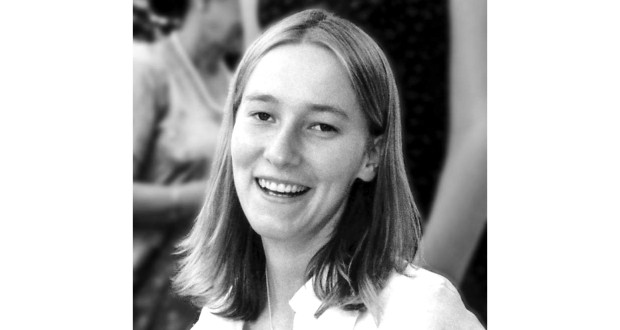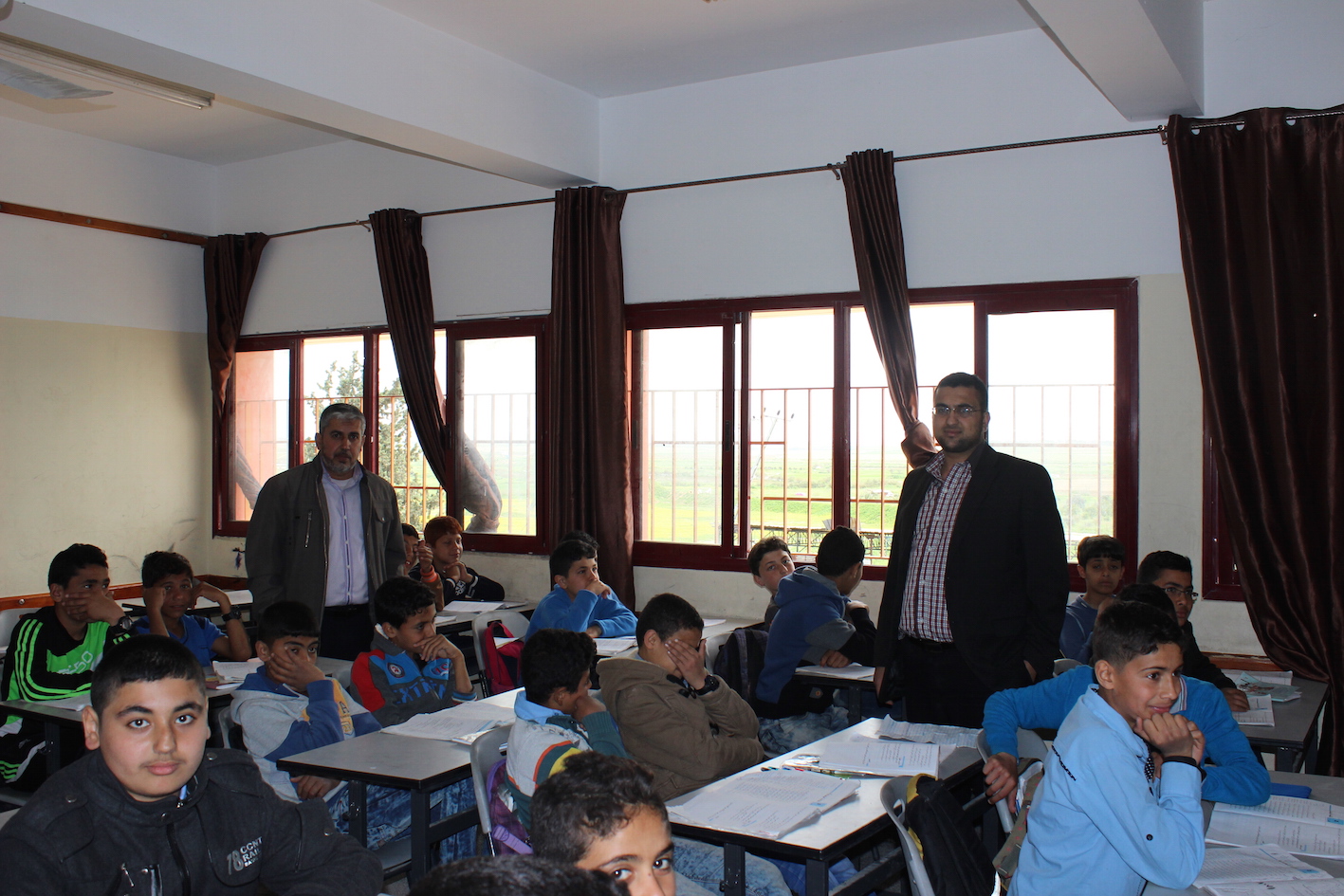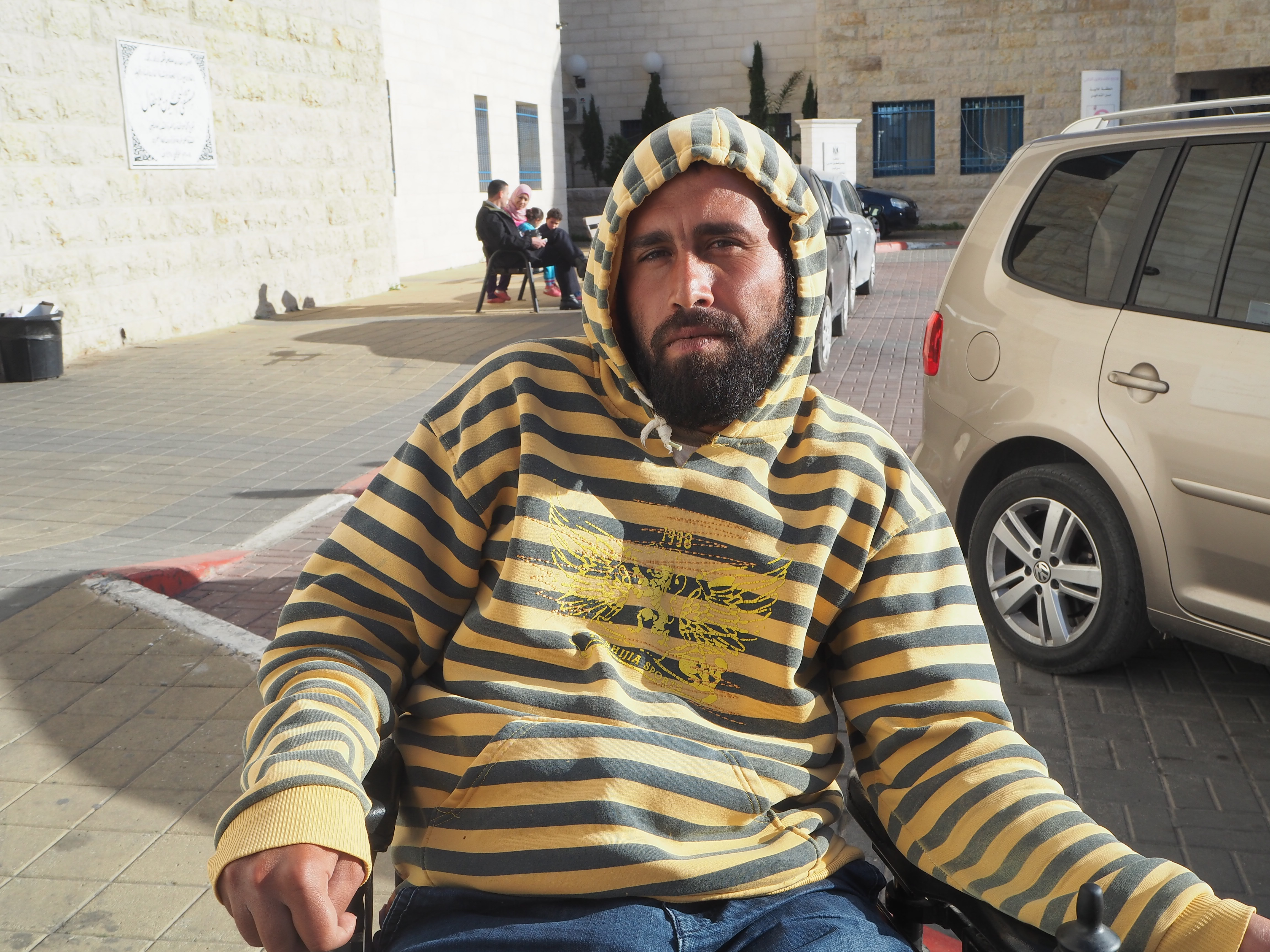Category: Reports
-
The 13th anniversary of Rachel Corrie’s death
15th March 2016 | International Solidarity Movement, al-Khalil team | Gaza, occupied Palestine Today marks the thirteenth anniversary since the passing of fellow ISM activist Rachel Corrie (April 10, 1979 – March 16, 2003). Rachel was tragically crushed to death under the front blade of an Israeli military, American funded, Caterpillar D9R bulldozer near Rafah, in the…
-
School shooting a near miss in Gaza
15th March 2016 | International Solidarity Movement, al-Khalil team | Gaza, occupied Palestine On the 2nd of March at 2pm, Israeli occupation forces fired into Beit Dajan School, located in Shijaia, near the annexation wall. Bilal Abu Asser was giving a lesson to his students when a bullet passed just next to his head. “Suddenly I…
-
Rani Burnat from Bil’in
15th March 2016 | International Solidarity Movement, al-Khalil team | Bil’in, occupied Palestine Rani Burnat is an extraordinary human being in more ways than one. He was left paralysed from an injury sustained during the second intifada, learned to live the remainder of his life in a wheelchair, fathered three children (triplets) and now continues…



